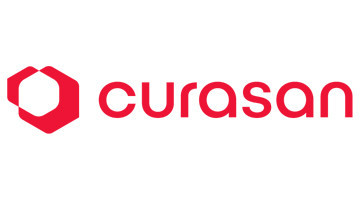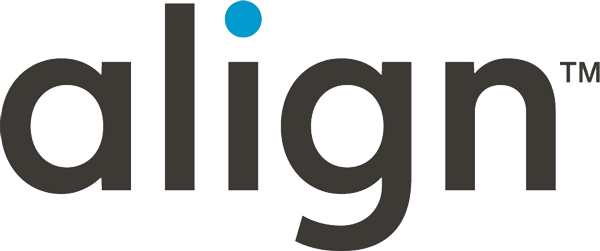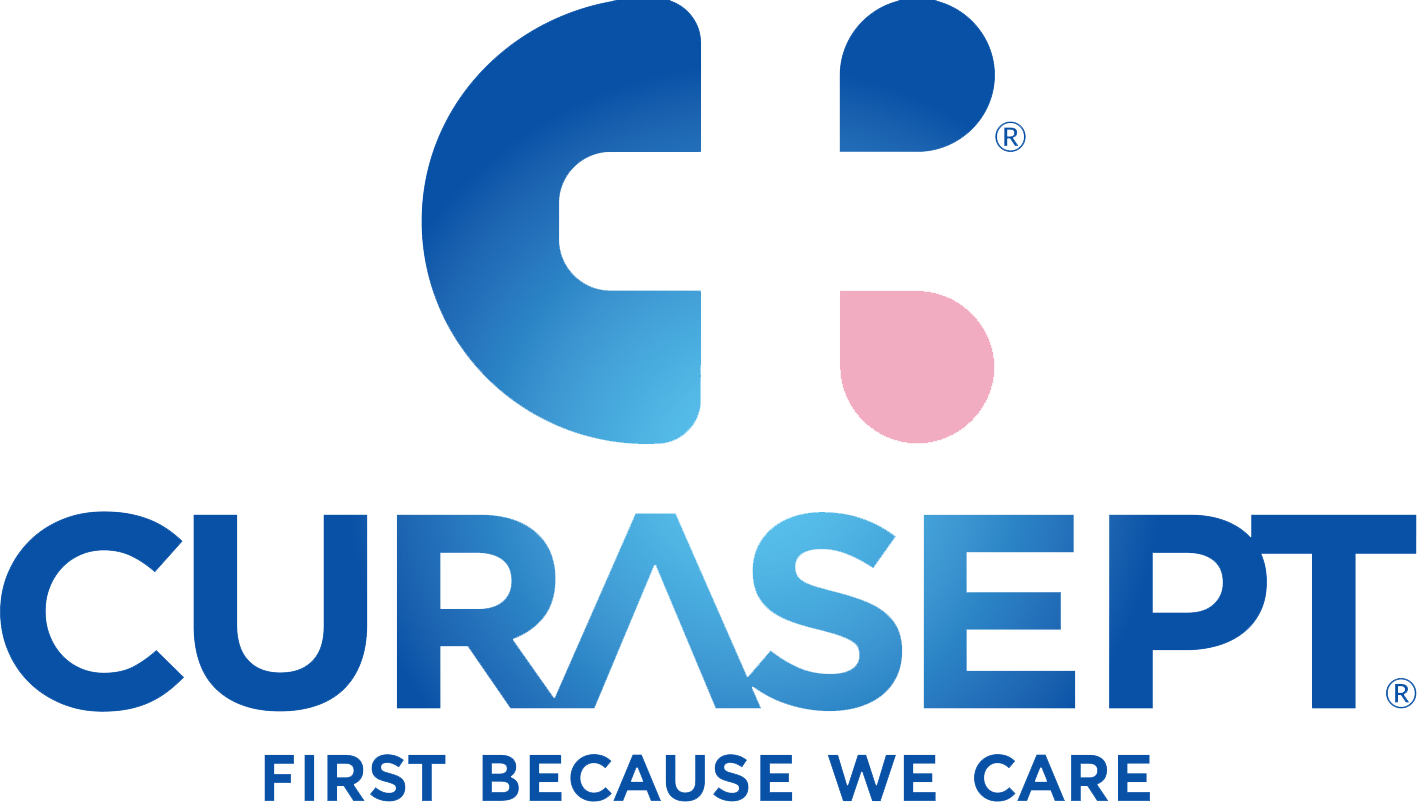LONDON, UK: By providing a sweet taste without the calories and other deleterious side effects of sugar, artificial sweeteners have often been lauded for their supposed health benefits and benefits to oral health. A new systematic review, however, suggests that these sweeteners and other sugar alternatives may not actually be as healthy as they are generally thought to be.
Often marketed as a healthier alternative, products such as sugar-free soft drinks have become increasingly popular in recent years. The demand for these options is often driven by health and quality of life concerns, as obesity and oral diseases have been repeatedly linked to an excessive intake of added sugar.
A number of sugar alternatives have been approved for widespread commercial use in innumerable foods and drinks. Though they are generally perceived to be a healthier option than sugar, their actual benefits and drawbacks are not exactly clear owing to a limited and conflicting body of evidence.
A team of European researchers, led by the University of Freiburg in Germany, aimed to develop their understanding of these benefits and drawbacks by conducting a systematic review of 56 studies that compared a high intake of sugar substitutes with either a lower intake or complete avoidance.
The results of their study showed that, overall, there were no statistically or clinically relevant differences between study participants who had a high intake of artificial sweeteners and those who abstained. Additionally, a number of the reviewed studies indicated that there was an association between a higher intake of sweeteners and slightly more weight gain, and slightly less weight gain for those with a lower intake. However, the certainty of this evidence was low.
Overall, there was no definitive evidence that sugar alternatives aided overweight or obese adults or children who were actively attempting to lose weight.
A spokesperson for the British Dental Association told the British Dental Journal: “We don’t recommend any ‘sugar-free’ alternatives to fizzy drinks other than milk and water. We remain concerned that many soft drinks either encourage a sweet tooth, or come with high levels of acidity that harm oral health.”
“Every Christmas, Coca-Cola spin doctors try their best to claim there’s a ‘healthy option’ for teeth while marketing low- or no-sugar products more acidic than vinegar or lemon juice. When nearly half of teenagers are showing signs of dental erosion, dentists know many of these brands have as little place as a festive tradition as their sugar-laden stablemates,” the spokesperson continued.
The study, titled “Association between intake of non-sugar sweeteners and health outcomes: Systematic review and meta-analyses of randomised and non-randomised controlled trials and observational studies”, was published online on 2 January 2019 in the British Medical Journal.
Tags:
WINNIPEG, Canada: Thought of by some as the perfect replacement for anyone looking to cut back on real sugars, while still getting that golden crispy kick, ...
AMMAN, Jordan: As artificial intelligence continues to expand its role in healthcare, large language models such as ChatGPT are increasingly being used to ...
LONDON, UK: The discussion around a link between periodontitis and hypertension is not new. Acknowledging this and the fact that there is still not enough ...
BILBAO, Spain: While the systemic health implications of neuropsychiatric disorders are well recognised, their connection to poor oral health—in ...
Exocad customers with a DentalCAD permanent licence activated before 31 August 2024 can benefit from the DentalCAD Ultimate Bundle trade-up offer. The offer...
LONDON, England: While chewing gum may be considered a somewhat undesirable habit, sugar-free varieties have been proved to be highly beneficial for oral ...
NEWCASTLE, UK: One of the main ways in which SARS-CoV-2 is communicated is through airborne respiratory droplets—droplets that can be dispersed as a ...
HONK KONG: The applications of artificial intelligence (AI) in dentistry have been widely explored in recent years. However, a recent study is one of the ...
BERLIN, Germany: Though artificial intelligence (AI) is being increasingly integrated into a variety of dental products and services, the body of literature...
DURBAN, South Africa: As the number of reported cases of children with autism spectrum disorder (ASD) continues to climb across the globe, the special ...
Live webinar
Fri. 19 September 2025
8:00 am EST (New York)
Live webinar
Fri. 19 September 2025
9:30 am EST (New York)
Live webinar
Fri. 19 September 2025
11:00 am EST (New York)
Live webinar
Tue. 23 September 2025
10:00 am EST (New York)
Prof. Dr. Rodrigo Reis DDS, MSC, PhD.
Live webinar
Wed. 24 September 2025
6:00 am EST (New York)
Live webinar
Wed. 24 September 2025
11:00 am EST (New York)
Live webinar
Wed. 24 September 2025
1:00 pm EST (New York)



 Austria / Österreich
Austria / Österreich
 Bosnia and Herzegovina / Босна и Херцеговина
Bosnia and Herzegovina / Босна и Херцеговина
 Bulgaria / България
Bulgaria / България
 Croatia / Hrvatska
Croatia / Hrvatska
 Czech Republic & Slovakia / Česká republika & Slovensko
Czech Republic & Slovakia / Česká republika & Slovensko
 France / France
France / France
 Germany / Deutschland
Germany / Deutschland
 Greece / ΕΛΛΑΔΑ
Greece / ΕΛΛΑΔΑ
 Hungary / Hungary
Hungary / Hungary
 Italy / Italia
Italy / Italia
 Netherlands / Nederland
Netherlands / Nederland
 Nordic / Nordic
Nordic / Nordic
 Poland / Polska
Poland / Polska
 Portugal / Portugal
Portugal / Portugal
 Romania & Moldova / România & Moldova
Romania & Moldova / România & Moldova
 Slovenia / Slovenija
Slovenia / Slovenija
 Serbia & Montenegro / Србија и Црна Гора
Serbia & Montenegro / Србија и Црна Гора
 Spain / España
Spain / España
 Switzerland / Schweiz
Switzerland / Schweiz
 Turkey / Türkiye
Turkey / Türkiye
 UK & Ireland / UK & Ireland
UK & Ireland / UK & Ireland
 Brazil / Brasil
Brazil / Brasil
 Canada / Canada
Canada / Canada
 Latin America / Latinoamérica
Latin America / Latinoamérica
 USA / USA
USA / USA
 China / 中国
China / 中国
 India / भारत गणराज्य
India / भारत गणराज्य
 Pakistan / Pākistān
Pakistan / Pākistān
 Vietnam / Việt Nam
Vietnam / Việt Nam
 ASEAN / ASEAN
ASEAN / ASEAN
 Israel / מְדִינַת יִשְׂרָאֵל
Israel / מְדִינַת יִשְׂרָאֵל
 Algeria, Morocco & Tunisia / الجزائر والمغرب وتونس
Algeria, Morocco & Tunisia / الجزائر والمغرب وتونس
 Middle East / Middle East
Middle East / Middle East
:sharpen(level=0):output(format=jpeg)/up/dt/2025/09/EAO-Monaco_2025_001.jpg)
:sharpen(level=0):output(format=jpeg)/up/dt/2025/09/EAO-Monaco-Experts-present-concept-for-zero-peri-implantitis.jpg)
:sharpen(level=0):output(format=jpeg)/up/dt/2025/09/Impact-of-time-to-take-centre-stage-at-EAO-Congress-in-Monaco.jpg)
:sharpen(level=0):output(format=jpeg)/up/dt/2025/05/Blending-science-and-masterpieces_1.jpg)
:sharpen(level=0):output(format=jpeg)/up/dt/2025/09/Artificial-intelligence-in-prosthodontics-From-concept-to-clinical-reality.jpg)
:sharpen(level=0):output(format=jpeg)/up/dt/2025/07/3dprinting.jpg)
:sharpen(level=0):output(format=jpeg)/up/dt/2025/07/aligners.jpg)








:sharpen(level=0):output(format=png)/up/dt/2014/02/3shape.png)
:sharpen(level=0):output(format=png)/up/dt/2024/01/ClearCorrect_Logo_Grey_01-2024.png)
:sharpen(level=0):output(format=jpeg)/up/dt/2010/02/logo-3DISC-et-baseline-fond-blanc.jpg)
:sharpen(level=0):output(format=png)/up/dt/2011/11/ITI-LOGO.png)
:sharpen(level=0):output(format=png)/up/dt/2019/04/logo.png)
:sharpen(level=0):output(format=png)/up/dt/2014/02/EMS.png)
:sharpen(level=0):output(format=jpeg)/up/dt/2019/02/shutterstock_175095215.jpg)

:sharpen(level=0):output(format=jpeg)/up/dt/2025/09/EAO-Monaco_2025_001.jpg)
:sharpen(level=0):output(format=png)/up/dt/2017/12/uk.png)
:sharpen(level=0):output(format=jpeg)/up/dt/2017/07/SWEETNERS-new-website_.jpg)
:sharpen(level=0):output(format=jpeg)/up/dt/2025/08/ChatGPT-struggles-to-answer-complex-oral-health-questions-study-finds-.jpg)
:sharpen(level=0):output(format=jpeg)/up/dt/2019/10/Study-questions-effect-of-periodontal-therapy-on-hypertension.jpg)
:sharpen(level=0):output(format=jpeg)/up/dt/2025/08/Exploring-the-adverse-effects-of-antipsychotic-medications-on-oral-health.jpg)
:sharpen(level=0):output(format=jpeg)/up/dt/2024/12/Exocads-trade-up-bundle-offers-users-a-wealth-of-benefits.jpg)
:sharpen(level=0):output(format=jpeg)/up/dt/2025/05/SFG_Report.jpg)
:sharpen(level=0):output(format=jpeg)/up/dt/2021/12/fans.jpg)
:sharpen(level=0):output(format=jpeg)/up/dt/2023/06/Study-uses-artificial-intelligence-for-gingivitis-detection.jpg)
:sharpen(level=0):output(format=jpeg)/up/dt/2021/11/shutterstock_1305222364.jpg)
:sharpen(level=0):output(format=jpeg)/up/dt/2020/01/shutterstock_280724912.jpg)








:sharpen(level=0):output(format=jpeg)/up/dt/2025/09/EAO-Monaco_2025_001.jpg)
:sharpen(level=0):output(format=jpeg)/up/dt/2025/09/EAO-Monaco-Experts-present-concept-for-zero-peri-implantitis.jpg)
:sharpen(level=0):output(format=jpeg)/up/dt/2025/09/Impact-of-time-to-take-centre-stage-at-EAO-Congress-in-Monaco.jpg)
To post a reply please login or register